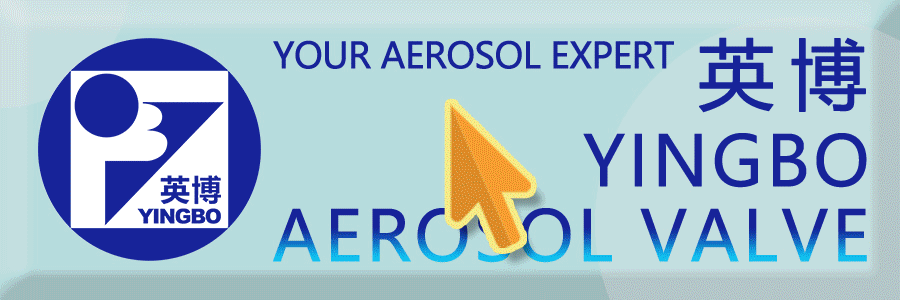Unilever pledges to halve use of ‘virgin’ plastic by 2025
Outlining its ambitious goals, the firm said it plans to reduce its absolute use of plastic packaging by more than 100,000 tonnes and accelerate its use of recycled plastic. It will also help to collect and process more plastic packaging than it sells, a task described as “daunting but exciting” by the company’s CEO.
These bold commitments make Unilever the first major global consumer goods company to commit to an ‘absolute plastics reduction’ across its portfolio of brands. According to the firm, it is already on track to achieve its existing commitments to ensure all of its plastic packaging is reusable, recyclable or compostable by 2025, and to use at least 25% recycled plastic in its packaging, also by 2025.
“Plastic has its place, but that place is not the environment,” said Alan Jope, Unilever CEO. “We can only eliminate plastic waste by acting fast and taking radical action at all points in the plastic cycle.
“Our starting point has to be design, reducing the amount of plastic we use, and then making sure that what we do use increasingly comes from recycled sources. We are also committed to ensuring all our plastic packaging is reusable, recyclable or compostable.
“This demands a fundamental rethink in our approach to our packaging and products. It requires us to introduce new and innovative packaging materials and scale up new business models, like re-use and re-fill formats, at an unprecedented speed and intensity.”
Unilever’s commitment will require it to help collect and process around 600,000 tonnes of plastic annually by 2025. This will be achieved through investment and partnerships to improve the firm’s waste management infrastructure.
The company has already started innovating to help achieve its goals. Unilever’s new Cif Eco-refill eliminates 75% of plastic, and new refill stations for shampoo and laundry detergent have rolled out across shops, universities and mobile vending in South East Asia. Unilever’s efforts have led to innovations such as the new detectable pigment used by Axe (Lynx) and TRESemmé, which makes black plastic recyclable as it can now be sorted by recycling plant scanners.










